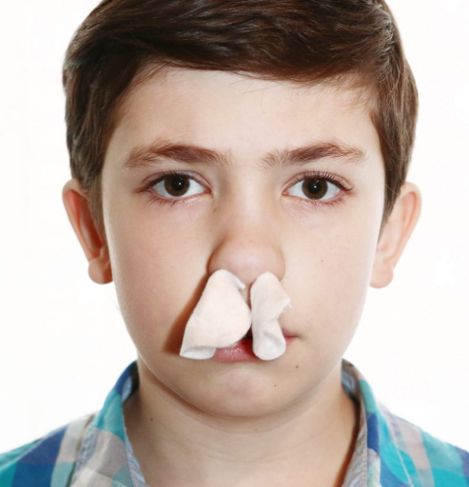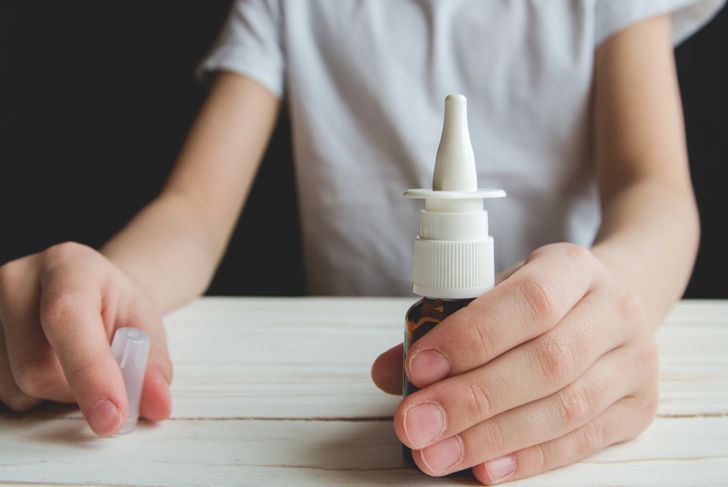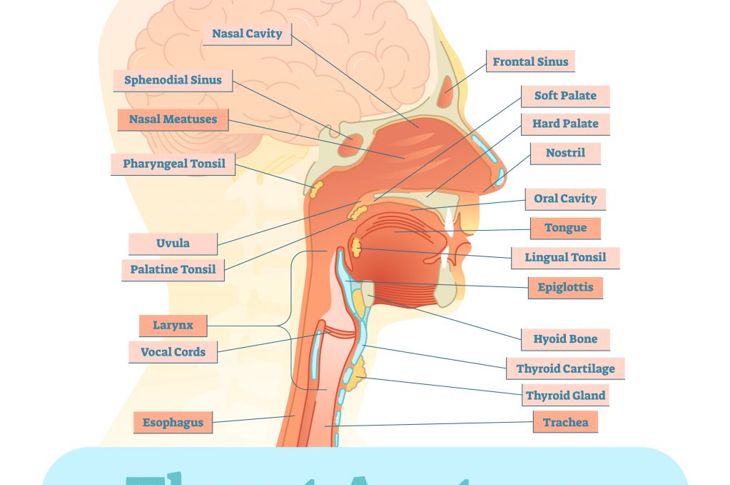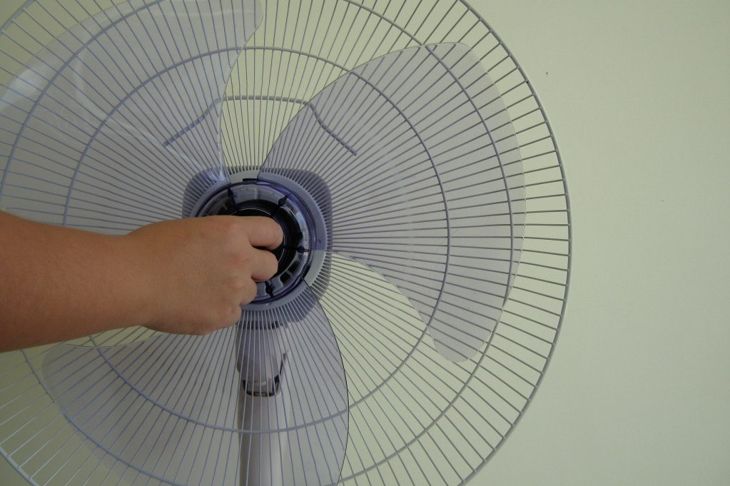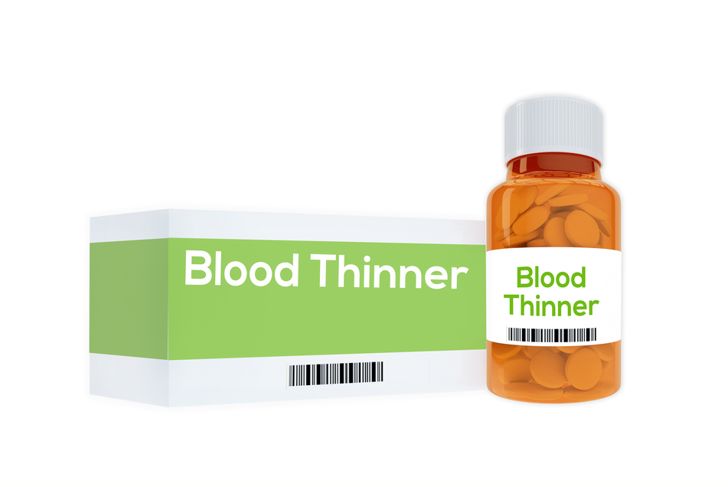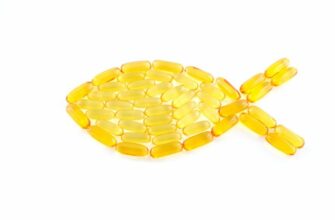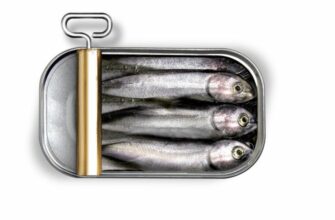Unfortunately, most of us have had to experience the discomfort of a nosebleed. The sensitive membranes in our nasal cavities get irritated or dry, and then the blood rushes out of our noses. Nosebleeds aren’t any reason for panic, most of the time nosebleeds are a normal reaction to a very dry nasal cavity or a minor scratch inside the nose. However, frequent nosebleeds can be an indicator of another medical condition or illness. Consult your general practitioner immediately if you suffer from frequent nosebleeds.
When do Nose Bleeds Require Medical Attention?
You’ll find that most of the time a nosebleed doesn’t mean you’ll need to be rushed to the emergency room or the doctor’s office, but there are quite a few circumstances where you’ll need to consult a general practitioner. If you’ve recently experienced an injury to your head or your nose, you’ll need to see a doctor as soon as you can. Alternatively, if your nose has been bleeding for longer than 20 minutes, go immediately to see a physician. Also, children who are having reoccurring nosebleeds that aren’t associated with the flu, a cold, or other mild irritation need to be seen by a pediatrician without delay.
What are the Most Common Causes of a Nosebleeds?
The membranes in your nose are thin, delicate, and easily injured. In a region where certain seasons have very dry air, those membranes in your nose may dry out and leave your nasal membranes open to illness and infection. If you have a habit of picking your nose, you’ll be more at risk of tearing those vulnerable membranes in your nose and possibly causing more nosebleeds. If you’ve got a sinus infection or even a common cold your nose may bleed from time to time.
What are the Different Types of Nosebleeds?
The most common type of Epistaxis (nosebleeds) is the anterior type or the front of the nose kind of nosebleed. Generally, anterior nosebleeds bleed from the opening in the nostrils. These nosebleeds are easily treated by leaning your head back and pinching the bridge of your nose. However, posterior nosebleeds are much less common and often happen to children. The posterior nosebleed begins in the rear of the nasal cavity and cannot be stopped by pinching the bridge of the nose. Posterior nosebleeds are more serious than anterior nosebleeds. Consult your doctor if you or a loved one may have a suspected posterior nosebleed.
What do You do When You get a Nosebleed?
Firstly, don’t panic. Most likely the nosebleed won’t cause pain and will only last a few minutes. Sit up straight or bend forward while gently pinching the bridge of your nose. Make sure that you pinch the softer part of the nose. Breathe normally through your mouth and pause after ten minutes to see if the bleeding has stopped. Be quiet while your nose is bleeding, try not to swallow or cough because this can break up the blood clots in your nose and cause more blood loss. A cold washcloth on your forehead and neck will help your body respond the Epistaxis. If your nosebleeds severely, you’re having trouble breathing, or if you’ve been bleeding for more than 20 minutes you’ll need to see a doctor.
Can Nosebleeds be Prevented?
Most of the time nosebleeds happen for no obvious reason. Out of the blue, our nasal cavities just tear and cause a nosebleed (particularly in children). There’s no way to prevent a nosebleed 100 percent of the time, but you can prevent nasal dryness with a little dab of ointment on the inside of the nose along the barrier (or septum) to keep the vulnerable tissue located there from drying out. Also, keeping the air in your home moist may help prevent the nasal cavity from drying out and causing nosebleeds.
Is it Normal to Cough Up Blood?
Our respiratory system is connected to our noses, eyes, and our mouths. If your nose is bleeding and you accidentally swallow some of the blood that is coming from your nose that blood may very well get into your stomach. The design and connection of our respiratory system mean that the blood from your nose may get into your esophagus and stomach. When you cough, you may find that blood is present in the sputum. If blood gets into your stomach, it may irritate your stomach and cause vomiting.
How do I know if the Blood Loss is Excessive?
Most nosebleeds will stop on their own. However, if you start to feel light-headed, dizzy, or like you’re going to faint, consult your doctor right immediately. There are a few medical conditions that lend themselves to heavy nosebleeds like hemophilia, high blood pressure, or taking blood thinners. These medications and conditions don’t cause nosebleeds on there own but can complicate a nosebleed. If you believe you’re having a heavy nosebleed and are being treated with these medicines or for these conditions consult your general practitioner as soon as possible.
Does Getting Cool Help Stop a Nosebleed?
The body is a complicated system. The warmer you are when you’re having a nosebleed means that your body’s going to be pumping more and more blood through your capillaries in your nose to help keep you cool. This is a normal part of your body’s complex functioning. Get in front of a fan, take off your clothes, ask your loved ones to get you an ice pack, or a cold compress, or even a bag of frozen spinach to help cool down your system. This cooling will help with clotting and may help you stop the nosebleed.
Most Importantly Don’t Panic!
Blood rushing out of your face can be scary, but most nosebleeds are harmless and pass without any pain or serious damage. Remember, if you get a nosebleed the worst thing you can do for yourself if panic and freak out. Panic release cortisol into the bloodstream and raises your blood pressure. Your heart has to work harder, your warmer because your system is in defense mode, and your body overall is struggling to keep up with your emotions. If you get a nosebleed remain calm, sit up straight, pinch the bridge of your nose, and get cool. It will pass within a few minutes.
Frequent Nosebleeds, What do I do?
Usually, a nosebleed is just a tear in the vulnerable membranes in your nasal cavity, but if you’re having nosebleeds all the time, then you’ll need to see your doctor. There are certain medications like blood thinners and other common medications that can contribute to frequent episodes of nosebleeds. Your doctor can cauterize the sensitive blood vessel to stop the bleeding. Don’t ignore consistent, frequent, or excessively heavy nosebleeds. While unlikely they may be an indicator of a more complex illness and will require a physician’s attention.

 Home
Home Health
Health Diet & Nutrition
Diet & Nutrition Living Well
Living Well More
More

